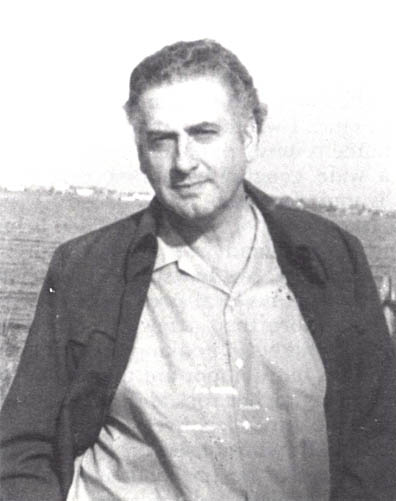

STANLEY MOSS
No poet is rooted in Long Island in the sense that Cavafy, Valery, Lorca or Amichai are rooted. Dig a few feet in Long Island, you strike salt water or a crab’s claw pointing way back, no old civilization, no layers of human history, mostly geology and botany.
I once lived in a village South of Barcelona whose generations of fishermen, sailors and peasants had out of necessity, love of life, and fear of God named eighteen different winds. We have our Northeasters, our hurricane named “Gloria,” but any association the name Gloria may have had to the Holy Virgin or Elizabeth the First, has largely been sloughed off. I am told that Yiddish has twenty-seven words for genius. I take consolation from the “Montauk Daisy,” the “Long Island duck” and our potato.
I was born on this island, I’ve been counted in its elections and my speech bears its distant tribal imprint. Alas I can’t get lost in its thousands of square miles of faceless suburbs, nor in its woods, dunes or cranberry bogs.
On this island I was given up for dead, I teethed, had teeth pulled, wet my bed and was house broken, I split my tongue in half, learned to read and write. My parents are buried in its sand, I wrote my first and most recent poem here. But home is mostly internal and where the people I love are, a wide geography, not necessarily where the landscape is most familiar.
In Long Island the poets are good friends but loners. I know of no Long Island poet who is church going or Synagogue attending. We have a Zen master behind his privet, but I believe no local poet seeks his teaching. On the South Fork more than a few are called to the contemplative life by flights of honking geese. The word is out that something is more important than man. Perhaps the young mother singing her rock and roll lullaby to her new born child has the same idea. Every seashell knows, poetry like theater should impose itself on the audience not the audience on theater or poetry. Again and again, the ocean opens its sacred scrolls.